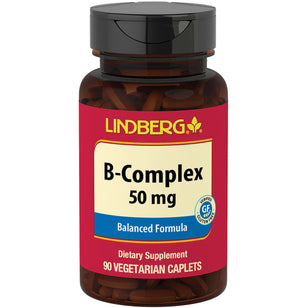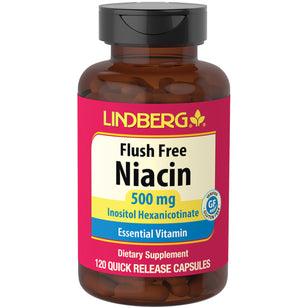Vitamin B
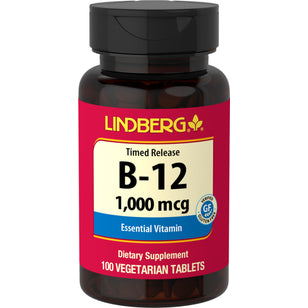
B-12 Timed Release, 1000 mcg, 100 Vegetarian Tablets
Item: #21180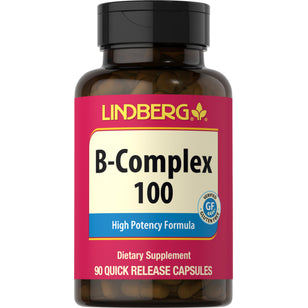
B-Complex, 100 mg, 90 Vegetarian Capsules
Item: #21210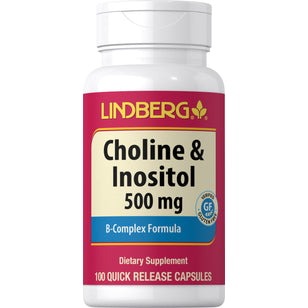
Choline & Inositol 500 mg, 100 Quick Release Capsules
Item: #22210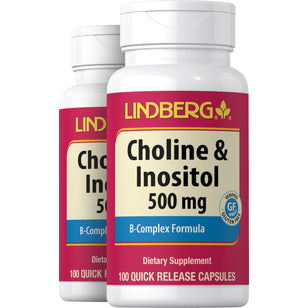
Choline & Inositol 500 mg, 100 Quick Release Capsules, 2 Bottles
Item: #22211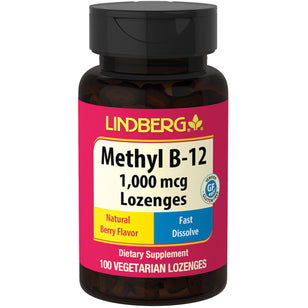
Methyl B-12 Lozenges (Natural Berry), 1000 mcg, 100 Vegetarian Lozenges
Item: #22190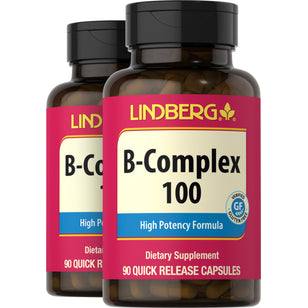
B-Complex, 100 mg, 90 Vegetarian Capsules, 2 Bottles
Item: #21211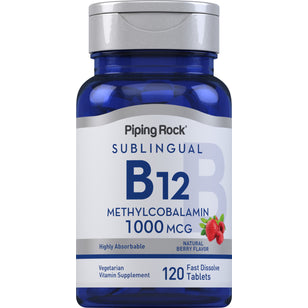
Methylcobalamin B-12 (Sublingual), 1000 mcg, 120 Fast Dissolve Tablets
Item: #1150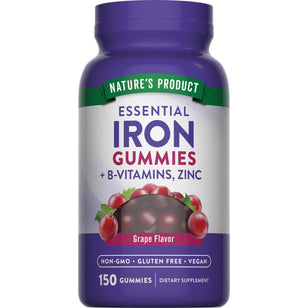
Iron + B-Vitamins & Zinc (Grape), 150 Gummies
Item: #46886
Methylcobalamin B-12 Complex (Sublingual), 6000 mcg, 120 Fast Dissolve Tablets
Item: #6951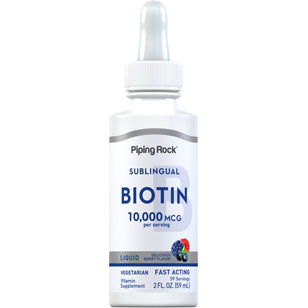
Liquid Biotin (Berry), 10,000 mcg, 2 fl oz (59 mL) Bottle
Item: #14101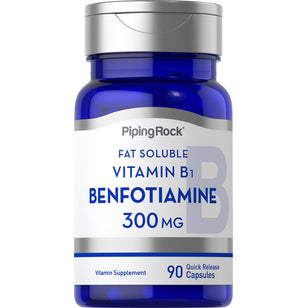
Benfotiamine (Fat Soluble Vitamin B-1), 300 mg, 90 Quick Release Capsules
Item: #14151
B12 2500 mcg + Folic Acid 400 mcg, 120 Fast Dissolve Tablets
Item: #1131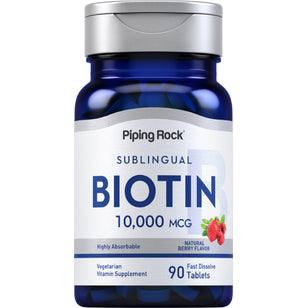
Max Biotin, 10,000 mcg, 90 Fast Dissolve Tablets
Item: #5511
Benfotiamine (Fat Soluble Vitamin B-1), 300 mg, 90 Quick Release Capsules, 2 Bottles
Item: #14152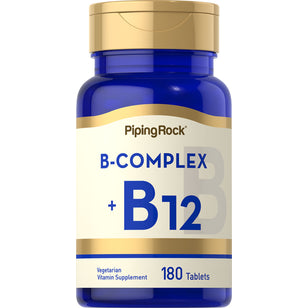
B Complex Plus Vitamin B-12, 180 Tablets
Item: #1301
B12 2500 mcg + Folic Acid 400 mcg, 120 Fast Dissolve Tablets, 2 Bottles
Item: #1133


